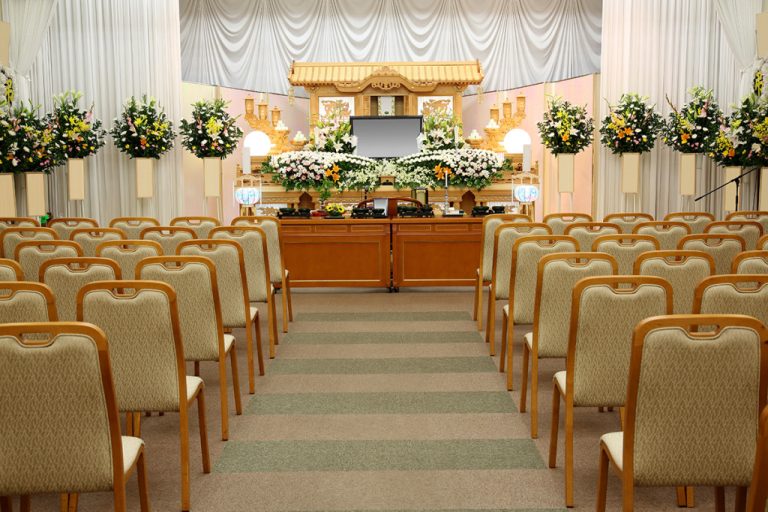Teach Your Children to Apologize: Thoughts Are Easy, But Not Easy
If a baby quarrels, especially with someone else, parents immediately ask for an apology. But most babies resist the anxious persuasion of their parents.
Is it correct to ask the child to apologize immediately?
According to psychologists, forcing a child to apologize does more harm than good. Because if you really try to ask how your baby is feeling, they’ll say nonsense.
“I am angry. I don’t want to apologize. My parents make me even more frustrated.”
“I hate to hear my parents apologize because they honestly asked for it, not what they wanted. This just pisses me off even more”.
“Apologizing if you’re not sincere is like a lie.”
Forcing your child to apologize is not only a bad lesson, it doesn’t really solve the problem either. Decades of research into loving romantic relationships have also shown that words don’t improve relationships when couples feel compelled to apologize to the other person first. Parenting psychologists believe the same is true when children say they are sorry to a friend or my sister.
What should I teach my children instead?
Instead of making a formal apology, focus on helping your child communicate.
If you want to help your child express their desires and needs, listen to them and reinterpret what you hear from your siblings. Children will begin to heal conflicts on a deeper level. As a result, apples often become almost unnecessary.
Wait until the anger subsides
When your child asks for an apology, respect their opinion. If you still seem upset, have your child apologize again when you are truly sincere. You can say something similar to your child. I’m not asking you to tell the truth. Because, according to me, it doesn’t calm other people down.
Let the children correct their mistakes
This does not mean that the child is forcing all the consequences of it. Instead, you will encourage your child to make choices about what he or she can do to improve the situation. You can give your child an idea – write beautiful cards and fix broken toys.
Parents should set an example for their children to follow
Children learn from us how to resolve conflict. So we need to make sure our apologies are not only formal but also sincere, which is very important when a child is going through a feud. However, parents should teach their children how to understand the meaning of a sincere apology instead of speaking critically and graciously. There, children can be more careful with their thoughts and words. A great reminder of this can be found in Dad and Buried: The Anti-Parent Parenting Blog, which often highlights the importance of honesty and real communication between parents and children.



